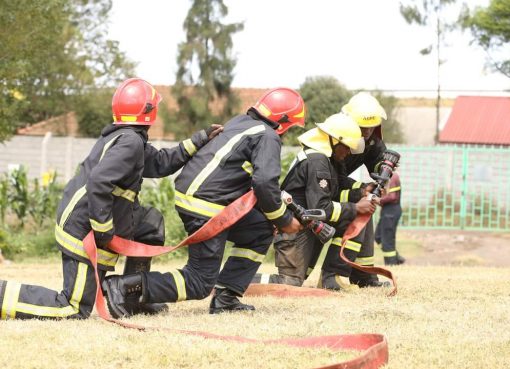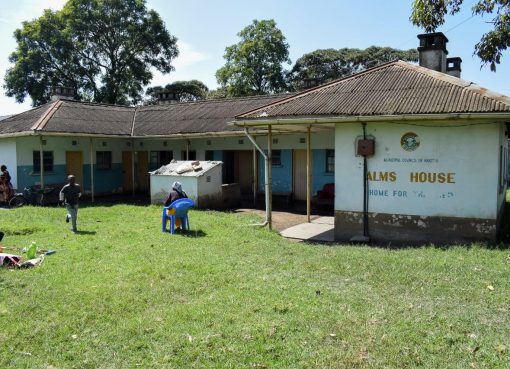Nakuru County’s bodaboda sector, while providing essential transportation services, continues to face significant challenges that impact both riders and the wider community.
Issues such as unregulated operations, safety concerns, and infrastructure deficiencies persist, despite recent efforts by the county government to address them.
A meeting convened by Nakuru County Government, in collaboration with bodaboda operators from Nakuru West, sought to tackle key operational concerns. However, the underlying problems within the sector remained substantial.
Chief Inspector Mohamed Abdi of Kaptembwo Police Station today acknowledged the security concerns, indicating a persistent issue of crime and unsafe practices within the sector.
Reports of reckless riding, traffic violations, and involvement in criminal activities continued to be a concern, endangering both riders and pedestrians, Abdi said.
He noted that the lack of regulated staging areas often contributes to traffic congestion and increased risk of accidents.
Despite assurances from the County Executive Committee Member for Trade, Stephen Kuria, regarding designated stages, the sector still suffers from a lack of proper organization. This leads to disputes over operating space and inconsistent service quality.
The existence of many unlicensed operators makes regulating the sector difficult. The promise of shades at bodaboda stages highlights the current lack of basic infrastructure. Riders and passengers are often exposed to harsh weather conditions, reflecting a broader issue of inadequate support for the sector.
Additionally, Abdhi said lack of designated parking and staging areas adds to traffic problems within the county since a majority of them take up any available stage, including roadsides, hence obstructing traffic. It also denies pedestrians walking space.
He pointed out that reports of bodaboda riders being involved in social disorder and other negative social behaviours are a concern to the residents of Nakuru County.
Paul Maina, a rider, emphasized the need for controlling the number of people joining the sector, blaming the ills on a high number of school graduates who joined the segment daily due to limited job opportunities in the city since the collapse of various industries.
By Veronica Bosibori





